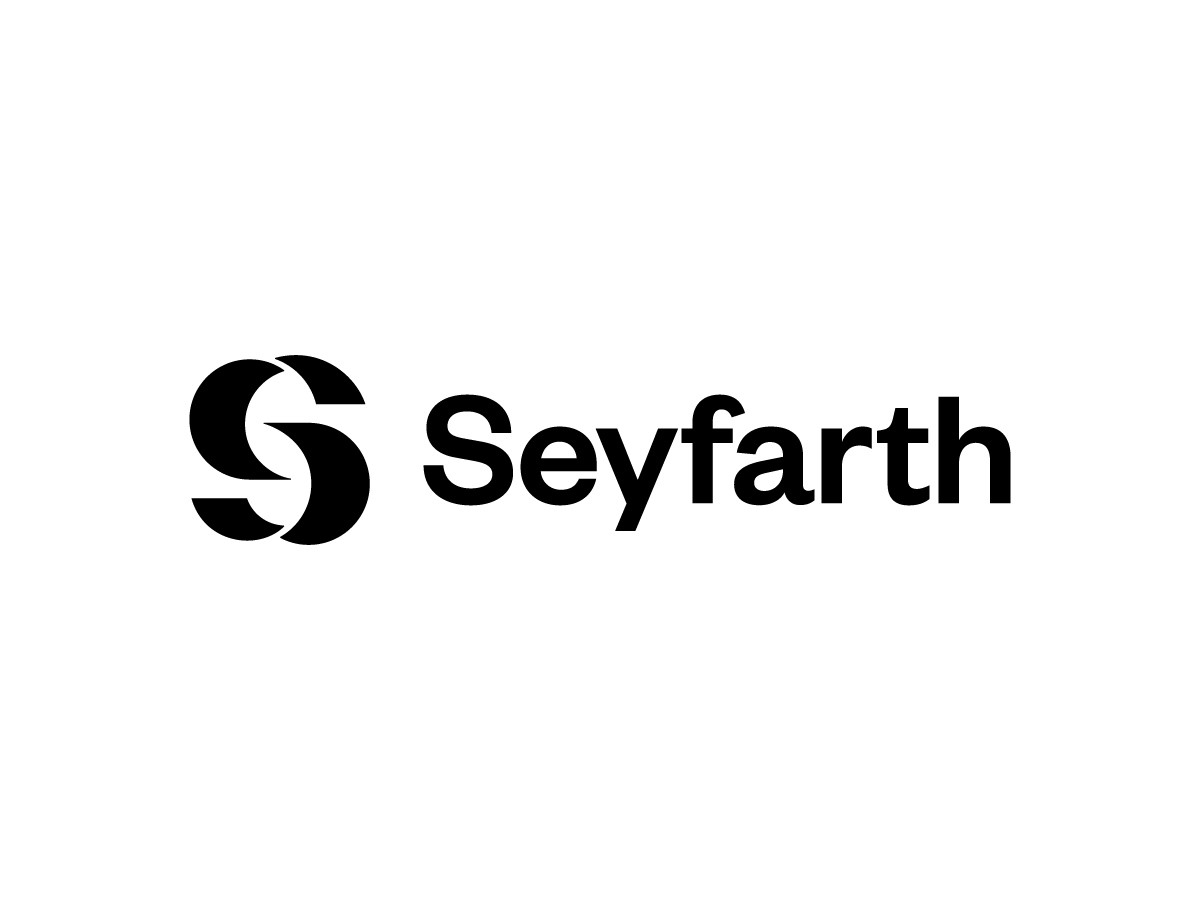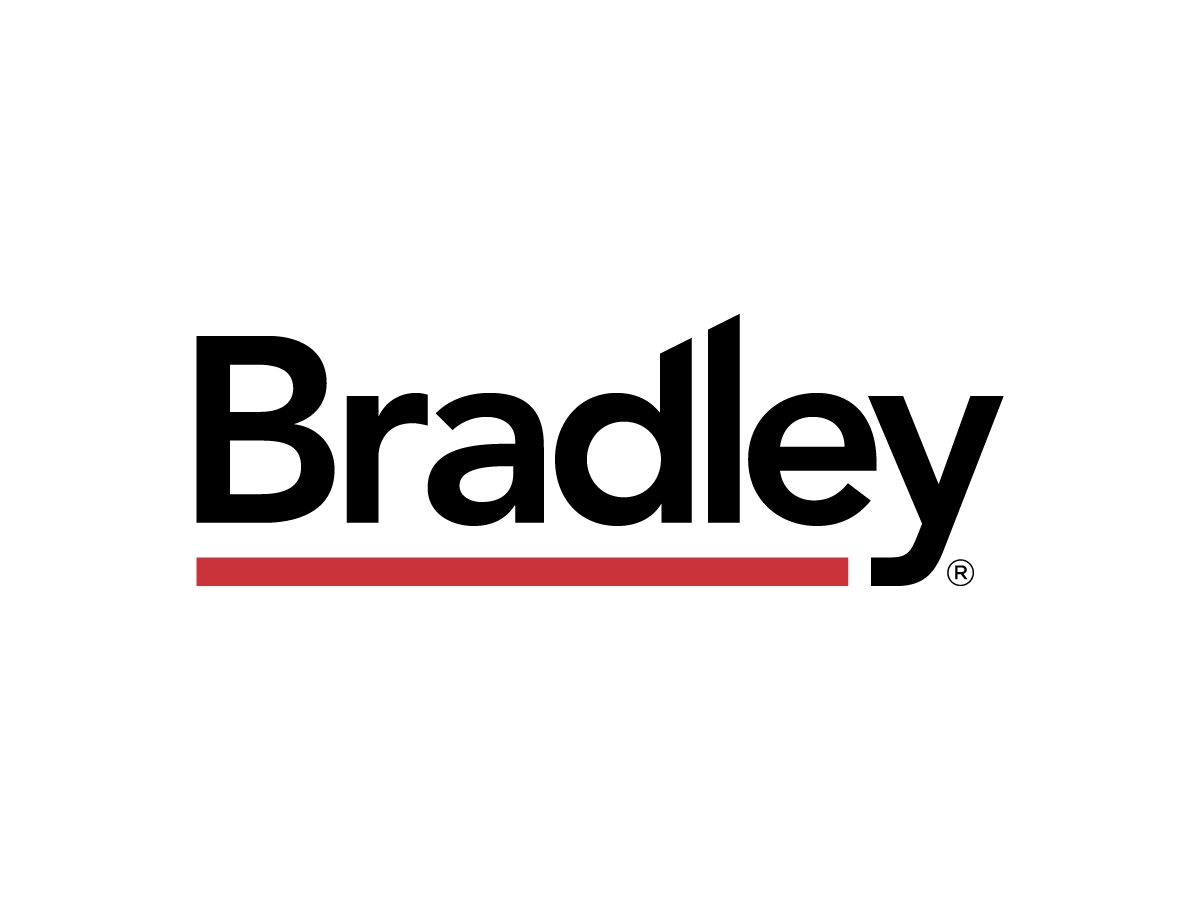Patent Case Summaries | Week Ending November 24, 2023 | Alston & Bird
Purdue Pharma L.P., et al. v. Collegium Pharmaceutical, Inc., et al., No. 2022-1482 (Fed. Cir. (PTAB) Nov. 21, 2023). Opinion by Dyk, joined by Hughes and Stoll.
Purdue owns a patent directed to preventing the abuse of opioid analgesics by including aversive agents in the dosage form. Purdue sued Collegium for infringement. Collegium then petitioned the Patent Trial and Appeal Board for PGR, which the Board instituted. Under 35 U.S.C. § 326(a)(11) and 37 C.F.R. § 42.200(c), the Board had one year to issue a final written decision subject to a six-month extension for good cause.
During the PGR, Purdue filed a Notice of Bankruptcy Filing and Imposition of Automatic Stay. The Board found good cause to grant a six-month extension so the bankruptcy court could assess whether the automatic stay applied to a PGR proceeding.
After the extended deadline passed, Purdue moved to terminate the PGR, arguing that the Board no longer had authority to issue a final written decision. The Board denied the motion and issued a decision finding the challenged claims unpatentable for lack of written description support. Purdue appealed.
The Federal Circuit affirmed. The court held that “the Board’s failure to comply with the statutory deadline does not deprive it of authority thereafter to issue a final written decision.” As the Federal Circuit explained, the Supreme Court “has established that ‘if a statute does not specify a consequence for non-compliance with statutory timing provisions, the federal courts will not in the ordinary course impose their own coercive sanction.’”
The Federal Circuit determined that “the statute at issue here does not provide consequences for non-compliance with the deadline.” Likewise, the legislative history “does not support denying the authority to act after the one-year period passes.” Thus, the Board retained the authority to issue a final written decision even after the extended deadline had passed.
The Federal Circuit noted that, in these circumstances, “the appropriate remedy is mandamus,” which “is available immediately upon the deadline’s expiring” with “no requirement to show unreasonable delay in the issuance of the decision—only that the deadline has passed.”
After concluding that the Board retained the authority to act, the Federal Circuit turned to the merits and affirmed the Board’s determination that the claims were unpatentable for lack of written description support. The disclosure did not “reasonably convey to those skilled in the art that the inventor had possession of the claimed drug formula.” It provided insufficient “‘blaze marks’ to guide a reader through the forest of disclosed possibilities toward the claimed compound.”
View Opinion
[View source.]





